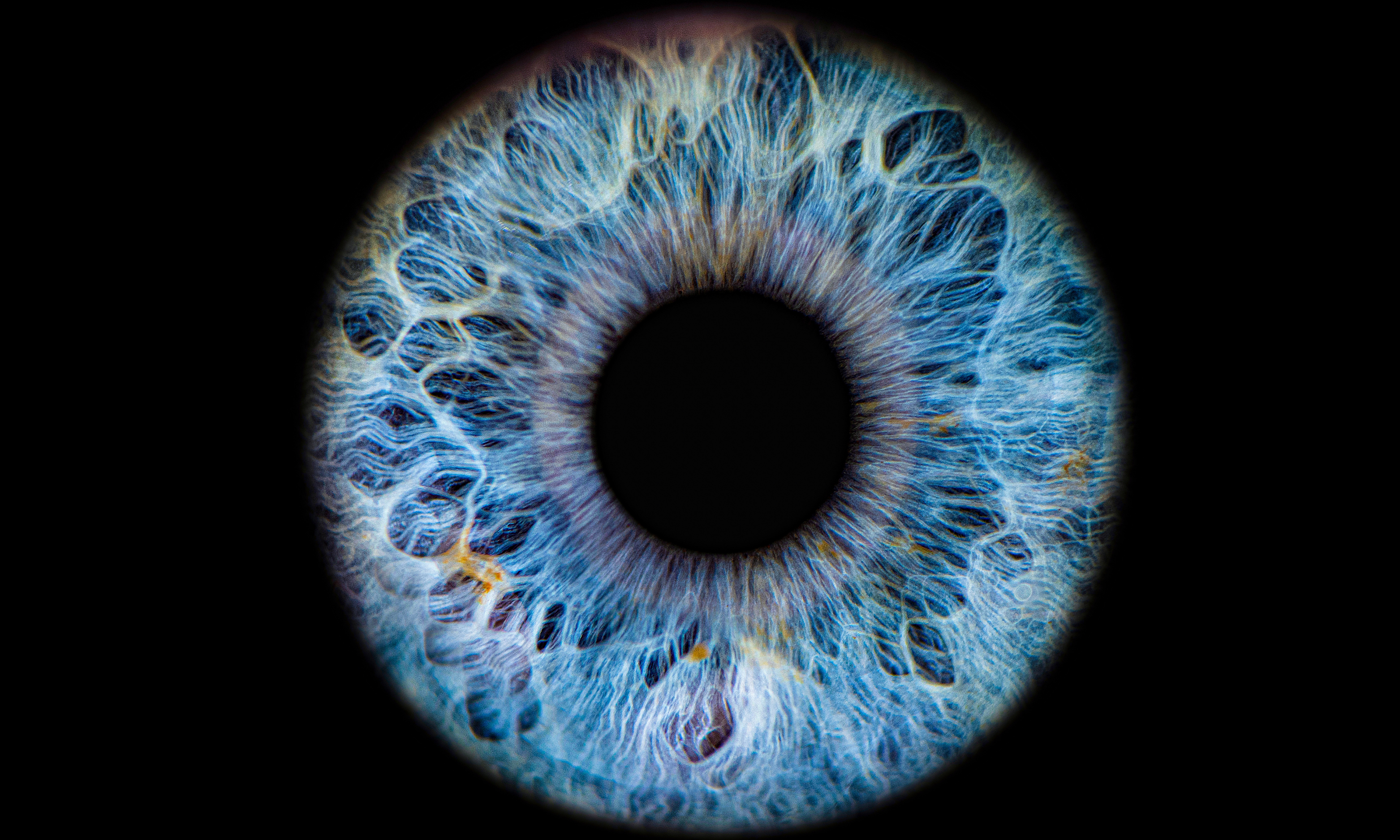The Search for New and Better Answers
Jaundice was the first symptom of what a CT scan would confirm was pancreatic cancer. A small tumor blocked one of Sharon Stefan’s bile ducts, causing the telltale symptom that, for many, doesn’t appear until the disease is advanced.

Fortunately, standard treatment was just the starting point. Sharon’s oncologist, David Park, MD, medical director of Providence St. Jude Crosson Cancer Institute, moved her to a clinical trial using a lab-created antibody—called LM-302—capable of identifying and destroying a specific protein expressed in many GI cancers, including pancreatic. The hospital was one of just two in the state—and seven in the nation—to be involved in the phase 1 research, which Dr. Park believed offered Sharon the best odds.
In mid-2022 Sharon started receiving the targeted therapy via IV every 21 days, spending the first few days of each treatment in her pajamas feeling exhausted and then spending the next few weeks feeling normal—and joyful. Days are filled with going to the beach with her 14-year-old and 8-year-old grandchildren, singing and dancing at concerts with her daughters and husband, and cheering her granddaughter’s leading roles in musicals and plays. “Most days I don’t even think about cancer,” she explains. Meanwhile, every few months a CT scan looks for cancer growth and for over a year has found no relapse or spread.
The doting grandmother says she’s grateful for the time with her family but also for the chance to help move the hospital’s researchers closer to finding answers. “I very much want to contribute something to the lives of others before I go,” she says. “Most people don’t have the opportunity to give someone else hope. This clinical trial is my opportunity.”
LM-302 could represent a new and promising mechanism of action in attacking cancer, but Dr. Park says there’s still much to learn, like which tumor characteristics allow patients like Sharon to respond so well while others don’t.
“Searching for better answers so there can be more days at the beach with grandchildren is what drives our researchers and clinical trials program,” says Dr. Park, who explains that St. Jude’s involvement and leadership in ground-breaking clinical trials has helped change the standard of care in areas from advanced breast cancer to lung cancer. “Sharon and others like her are why we don’t stop pushing.”
Providence St. Jude Crosson Cancer Institute is currently involved in more than 50 clinical trials for a wide range of cancers. To learn more, call the St. Jude Oncology Research Department at 714-446-5177.



